
Saint-Louis Region: Senegal's Timeless Cultural Gem
The Saint-Louis Region in Senegal is a captivating blend of history, culture, and natural beauty. Situated on the northwest coast of Senegal, it is home to the UNESCO World Heritage site, the city of Saint-Louis. Known as the 'Venice of Africa,' this charming city boasts colonial architecture, vibrant markets, and a rich cultural heritage. Visitors can stroll through narrow streets lined with pastel-colored buildings, explore the bustling fishing ports, and enjoy the lively arts scene that reflects the region's diverse history and traditions. Beyond the city, the Saint-Louis Region offers a wealth of natural wonders. The Langue de Barbarie National Park is a paradise for bird watchers, with its lagoons, mangroves, and sandy beaches teeming with exotic bird species. For a more immersive experience, travelers can visit Djoudj National Bird Sanctuary, one of the most important bird sanctuaries in the world, hosting millions of migratory birds each year. The region's picturesque landscapes are perfect for outdoor activities such as hiking, boating, and wildlife photography. Cultural enthusiasts will find the Saint-Louis Region brimming with festivals and events that celebrate Senegalese music, dance, and traditions. The Saint-Louis Jazz Festival is a highlight, attracting international artists and music lovers from around the globe. The region's warm hospitality, delicious local cuisine, and unique blend of African and French influences make it an unforgettable destination for travelers seeking an authentic and enriching experience in Senegal.
Local tips in Saint-Louis Region
- Visit the UNESCO World Heritage site of Saint-Louis for its charming colonial architecture and vibrant arts scene.
- Bring binoculars for bird watching at Langue de Barbarie National Park and Djoudj National Bird Sanctuary.
- Plan your trip around the Saint-Louis Jazz Festival to experience world-class music in a unique setting.
- Explore the local markets to taste fresh seafood and traditional Senegalese dishes.
- Wear comfortable shoes for walking tours through the narrow streets and historic sites of Saint-Louis city.
Saint-Louis Region: Senegal's Timeless Cultural Gem
The Saint-Louis Region in Senegal is a captivating blend of history, culture, and natural beauty. Situated on the northwest coast of Senegal, it is home to the UNESCO World Heritage site, the city of Saint-Louis. Known as the 'Venice of Africa,' this charming city boasts colonial architecture, vibrant markets, and a rich cultural heritage. Visitors can stroll through narrow streets lined with pastel-colored buildings, explore the bustling fishing ports, and enjoy the lively arts scene that reflects the region's diverse history and traditions. Beyond the city, the Saint-Louis Region offers a wealth of natural wonders. The Langue de Barbarie National Park is a paradise for bird watchers, with its lagoons, mangroves, and sandy beaches teeming with exotic bird species. For a more immersive experience, travelers can visit Djoudj National Bird Sanctuary, one of the most important bird sanctuaries in the world, hosting millions of migratory birds each year. The region's picturesque landscapes are perfect for outdoor activities such as hiking, boating, and wildlife photography. Cultural enthusiasts will find the Saint-Louis Region brimming with festivals and events that celebrate Senegalese music, dance, and traditions. The Saint-Louis Jazz Festival is a highlight, attracting international artists and music lovers from around the globe. The region's warm hospitality, delicious local cuisine, and unique blend of African and French influences make it an unforgettable destination for travelers seeking an authentic and enriching experience in Senegal.
When is the best time to go to Saint-Louis Region?
Iconic landmarks you can’t miss
Faidherbe Bridge
Discover the architectural beauty and vibrant culture of St. Louis at Faidherbe Bridge, an iconic landmark connecting the island to the mainland.
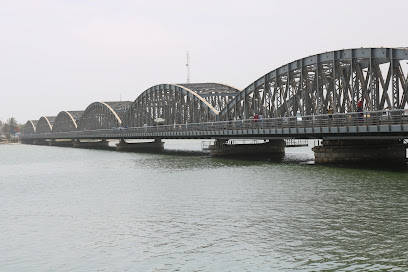
IFAN Historical Museum
Explore the rich cultural heritage of Senegal at the IFAN Historical Museum in Dakar, where history and tradition converge in a captivating journey.
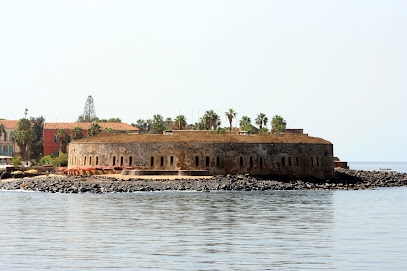
Tour of the egg
Explore the excitement at Tour of the Egg Amusement Park in St. Louis, where thrilling rides and family fun await every visitor.
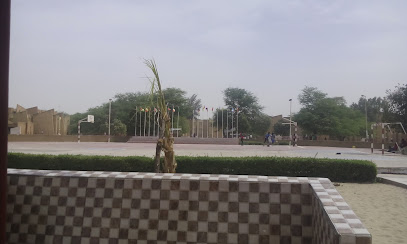
Djoudj National Bird Sanctuary
Explore Djoudj National Bird Sanctuary, a UNESCO World Heritage site and a top destination for birdwatching and nature lovers in Senegal.
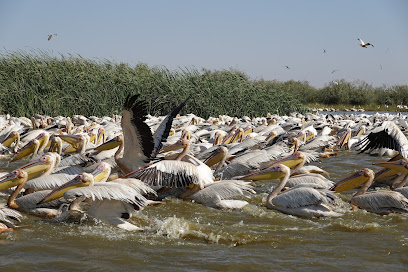
Musée de la Photographie de Saint-Louis
Explore the rich history and artistry of photography at the Musée de la Photographie de Saint-Louis, a must-visit cultural gem in Senegal.
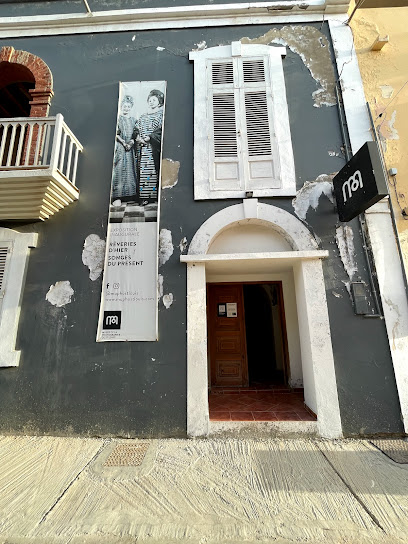
Langue de Barbarie
Discover the serene beauty of Langue de Barbarie, a unique nature preserve where the Senegal River meets the Atlantic Ocean, perfect for relaxation and wildlife observation.
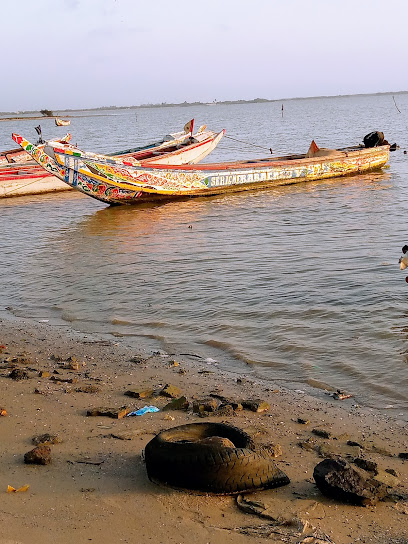
langue de barbarie National Park
Explore the serene landscapes and rich biodiversity of Langue de Barbarie National Park in Senegal, a perfect destination for nature lovers and adventure seekers.
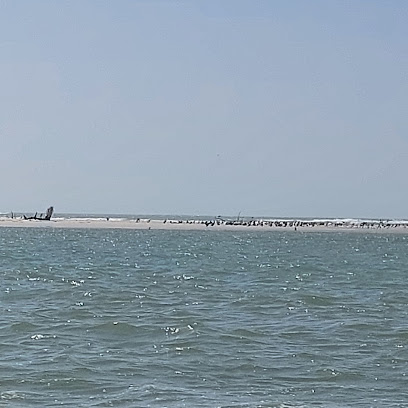
Île Saint-Louis
Explore the serene beauty and rich culture of Île Saint-Louis, a UNESCO World Heritage site in St. Louis, Senegal, perfect for a memorable getaway.
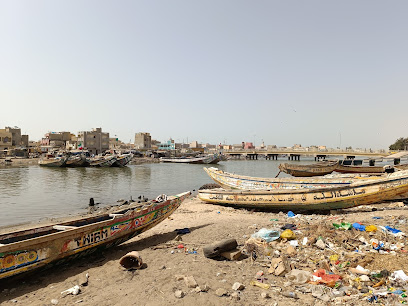
Réserve spéciale de Faune de Gueumbeul
Explore the stunning wildlife of Réserve spéciale de Faune de Gueumbeul, a sanctuary for diverse species near St. Louis, Senegal.
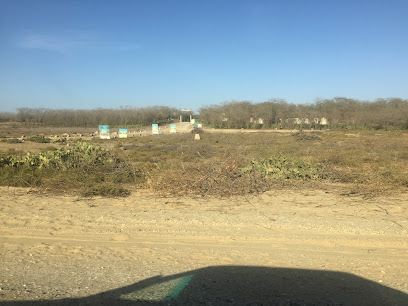
Podor Le Fleuve Du Senegal
Discover the magic of cinema at Podor Le Fleuve Du Senegal, where local culture and modern films blend seamlessly in St. Louis.
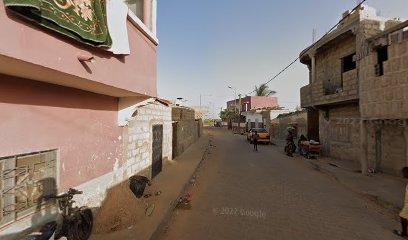
Village des arts de saint louis
Explore the vibrant Village des Arts de Saint-Louis, a cultural gem showcasing the rich artistic heritage of Senegal through workshops, exhibitions, and local craftsmanship.
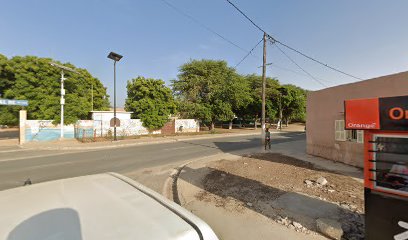
Saint Louis
Discover the historic beauty and vibrant culture of Saint Louis, Senegal's enchanting former capital and a UNESCO World Heritage site.
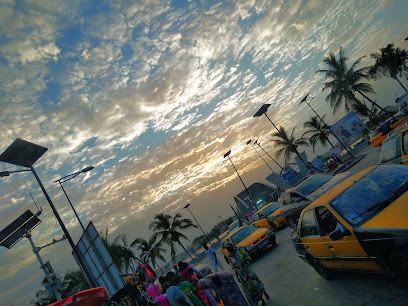
Unmissable attractions to see
Place du Souvenir Africain
Discover the beauty and significance of Place du Souvenir Africain in Dakar, a tribute to African heritage and resilience.
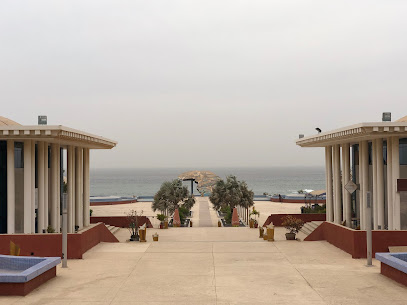
Magic Land
Discover the excitement of Magic Land, Dakar's premier amusement park, where adventure and fun await for all ages amidst stunning coastal views.
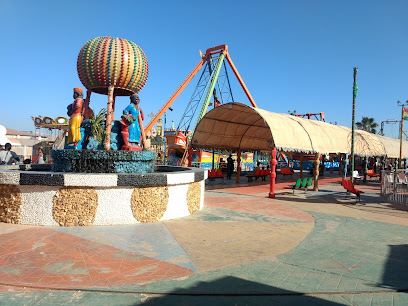
IFAN Historical Museum
Discover Senegal's cultural treasures at the IFAN Historical Museum, showcasing the rich heritage and history of West Africa.
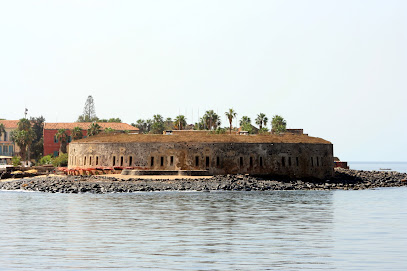
Tour of the egg
Experience the joy and excitement of 'Tour of the Egg', St. Louis's enchanting amusement park featuring thrilling rides and family-friendly attractions.
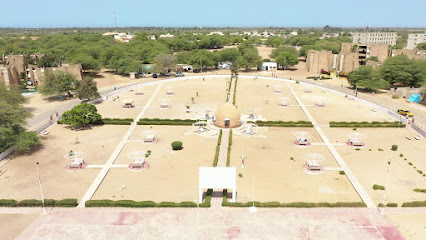
Reserve Sylvo Pastorale de Doli
Discover nature's tranquility at Reserve Sylvo Pastorale de Doli, a stunning nature preserve in Gassane, Senegal, perfect for relaxation and wildlife observation.
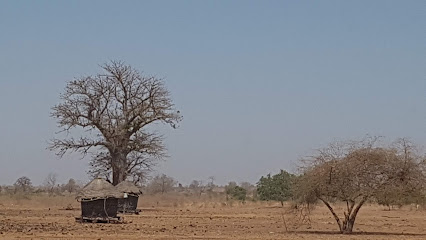
Les Comptoirs - Le MuPho
Explore the vibrant art scene at Les Comptoirs - Le MuPho in St. Louis, Senegal, a cultural gem showcasing contemporary and traditional artworks.
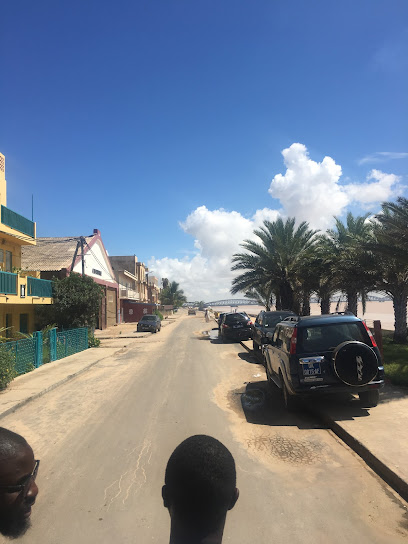
Palais de Djily Mbaye
Explore the grandeur of Palais de Djily Mbaye, a historic jewel in Louga, Senegal, showcasing cultural heritage and stunning architecture.
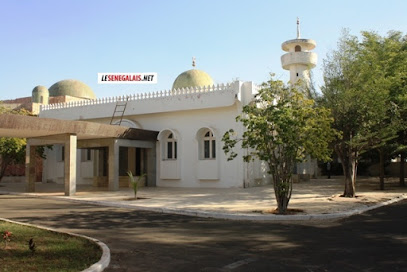
Senegalese Armed Forces Museum
Discover Senegal's military heritage at the Senegalese Armed Forces Museum, showcasing rich history through striking exhibits in Dakar.
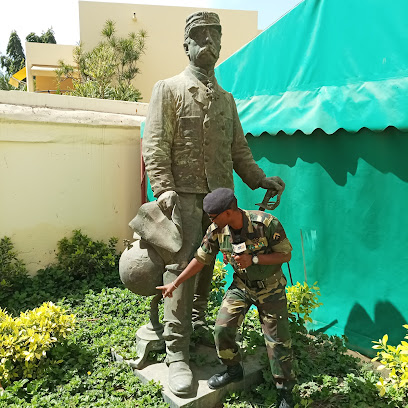
L’église Saint-Louis-en-l’Île
Explore L’église Saint-Louis-en-l’île, a stunning Catholic church in Saint-Louis, Senegal, where architecture meets spirituality and history.
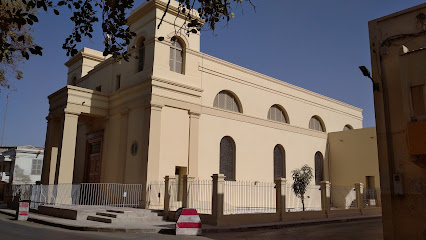
CRDS
Experience the rich culture and history of St at CRDS, a unique library and museum that invites exploration and discovery.
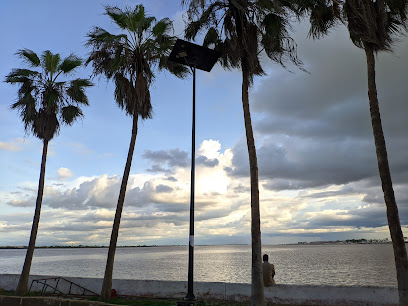
langue de barbarie National Park
Explore the ecological wonder of Langue de Barbarie National Park, where diverse wildlife and stunning landscapes await every nature enthusiast.
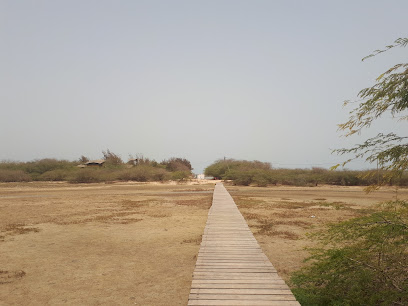
Grande Mosquée de Saint-Louis
Explore the Grande Mosquée de Saint-Louis, a stunning architectural gem that embodies the spiritual and cultural heritage of Senegal.
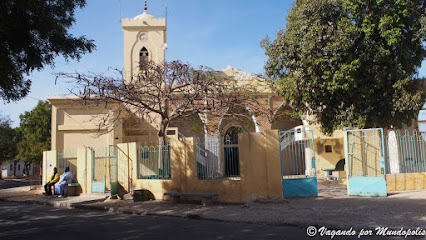
Parc National du Diawling
Explore the breathtaking landscapes and diverse wildlife of Parc National du Diawling, a true gem of Mauritania's natural heritage.
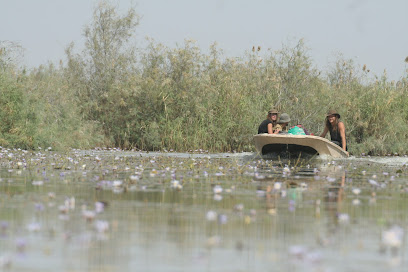
Réserve spéciale de Faune de Gueumbeul
Explore the breathtaking Réserve spéciale de Faune de Gueumbeul in St. Louis, Senegal, a paradise for wildlife enthusiasts and nature lovers alike.
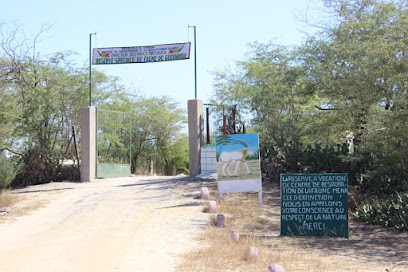
Village Artisanal de Saint Louis
Explore the Village Artisanal de Saint Louis, a vibrant hub of Senegalese culture featuring unique crafts, traditional artistry, and immersive local experiences.
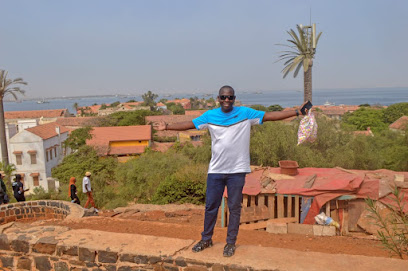
Essential places to dine
MOUQUETS Restaurant
Discover authentic Senegalese flavors at MOUQUETS Restaurant in Saint-Louis - where every meal tells a story.
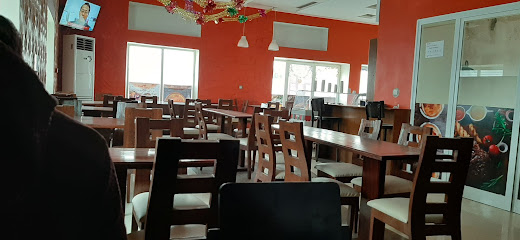
La Kora
Experience authentic Senegalese cuisine at La Kora in St. Louis – where every dish tells a story.
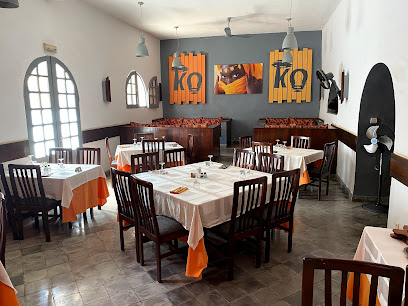
La Linguere
Discover authentic Senegalese cuisine at La Linguere in St. Louis - a delightful dining experience filled with rich flavors and cultural charm.
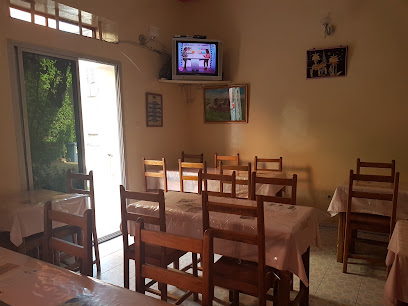
Restaurant Saharaoui
Experience authentic Senegalese flavors at Restaurant Saharaoui in St. Louis – where every dish tells a story.
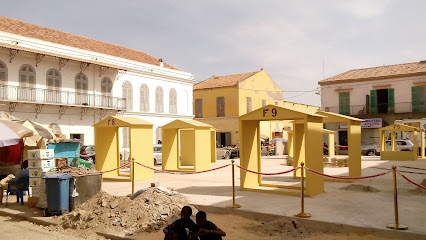
Chez Dasso
Experience authentic Senegalese cuisine at Chez Dasso in Saint-Louis - a culinary haven offering delightful flavors and warm hospitality.
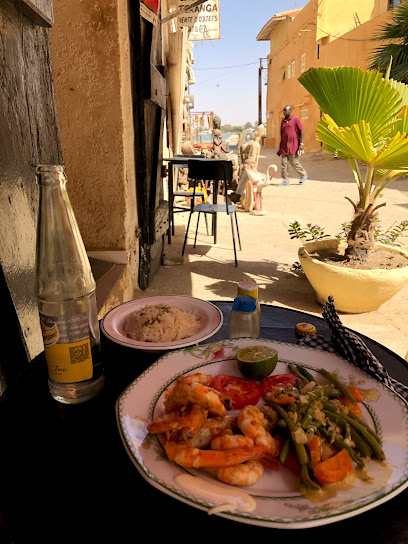
Restaurant Le SEDOR
Experience the vibrant flavors of St. Louis at Restaurant Le SEDOR, where local ingredients meet international cuisine in an inviting atmosphere.
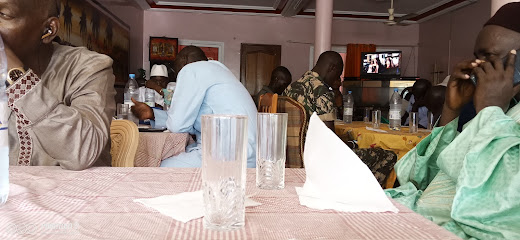
Dibiterie Chez mamadou
Experience authentic Senegalese cuisine at Dibiterie Chez Mamadou in St. Louis—home to delicious grilled dibi and warm hospitality.
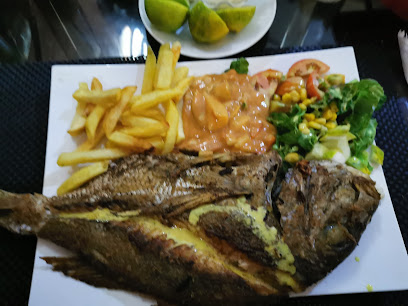
Restaurant La Galette
Experience the rich flavors of Senegal at Restaurant La Galette in St. Louis - where local ingredients meet culinary artistry.
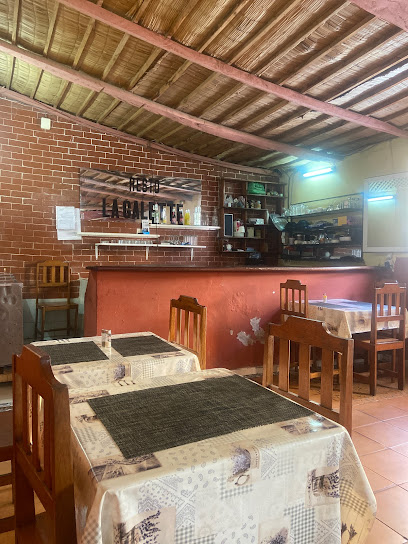
Darou Salam 2 restaurant/hébergement
Experience authentic Senegalese cuisine at Darou Salam 2 in Saint-Louis—where local flavors meet inviting ambiance.
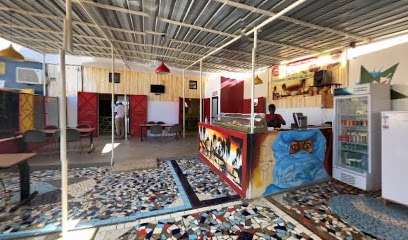
La Terrasse d'Afrique
Experience exquisite local cuisine with stunning views at La Terrasse d'Afrique in St. Louis - a true taste of Senegal.
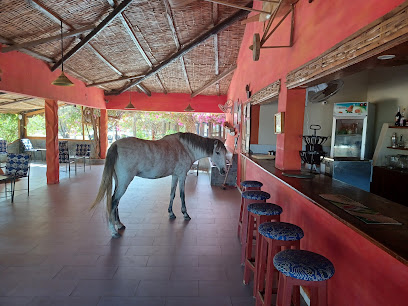
Restaurant Nana
Experience authentic Senegalese cuisine at Restaurant Nana in St. Louis – where every meal tells a story.
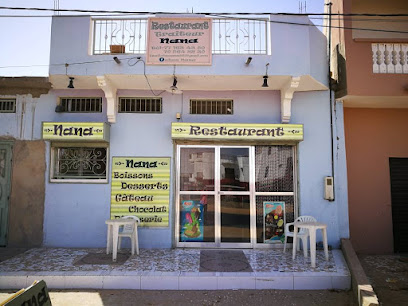
Le ponton
Experience the best of Senegalese cuisine at Le Ponton in St. Louis - where every dish tells a story against stunning waterfront views.
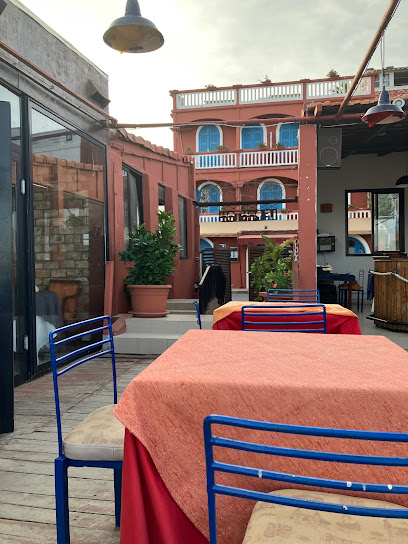
adja
Discover the authentic tastes of Senegal at Adja Restaurant in St. Louis – where every dish tells a story.
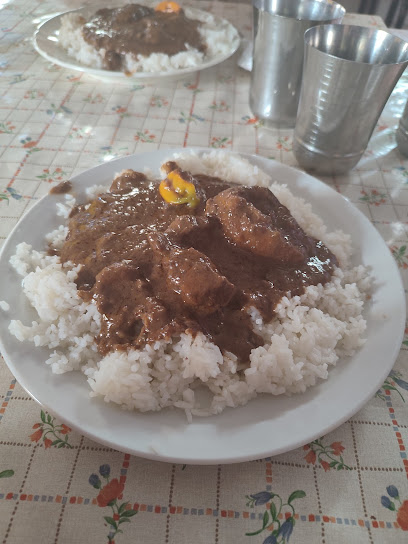
Sénégal
Experience authentic Senegalese cuisine at Sénégal Restaurant in St Louis - where every dish tells a story of rich cultural heritage.
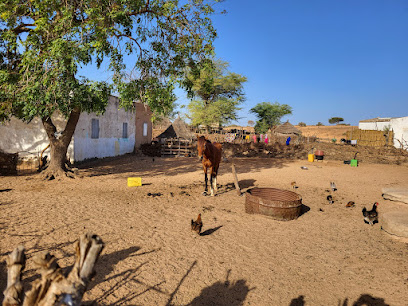
Le Réveil
Experience authentic Senegalese flavors at Le Réveil, where delightful cuisine meets warm hospitality in St. Louis.
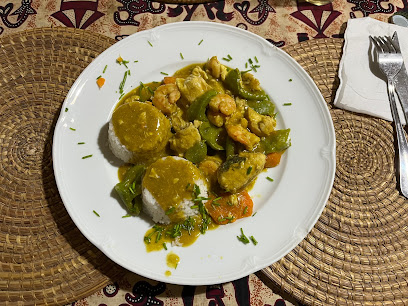
Markets, malls and hidden boutiques
Auchan Saint-Louis
Experience the vibrant shopping scene at Auchan Saint-Louis, where local flavors and quality goods come together in a modern supermarket atmosphere.
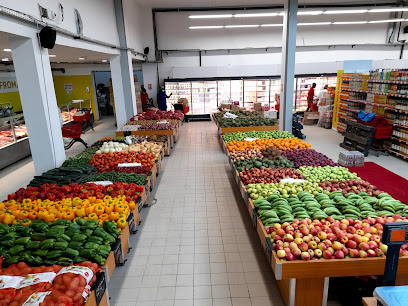
Marche sor
Experience the vibrant atmosphere of Marche Sor, a must-visit marketplace in Saint-Louis, Senegal, filled with local crafts, fresh produce, and delicious cuisine.
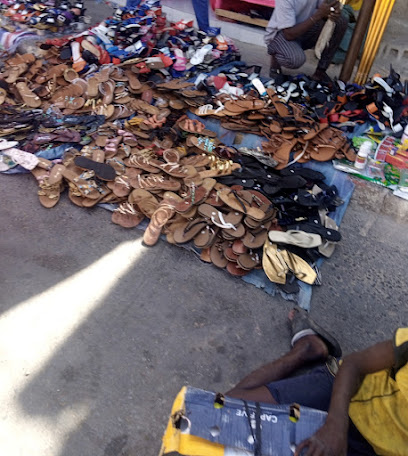
Mini Marché XEWEUL
Discover the vibrant Mini Marché XEWEUL in St. Louis, a shopping haven featuring local products, delicious treats, and a friendly atmosphere.
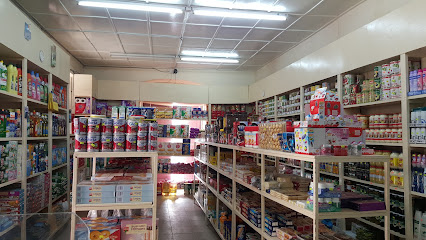
Saint Louis senegal
Explore the vibrant history, unique architecture, and rich culture of Saint Louis, Senegal, a hidden gem on the west coast of Africa.
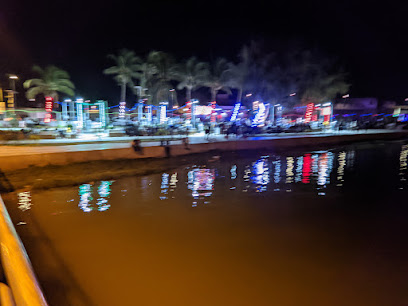
Africa Chips Sénégal
Explore Africa Chips Sénégal in St. Louis for an authentic taste of local culture through unique crafts and treasures.

Saint-Louis Apple Store
Explore the innovative world of Apple technology at the Saint-Louis Apple Store, a must-visit destination for tech enthusiasts and casual shoppers.

Pathé gallo
Discover authentic Senegalese crafts and souvenirs at Pathé Gallo, your go-to gift shop for vibrant local culture.
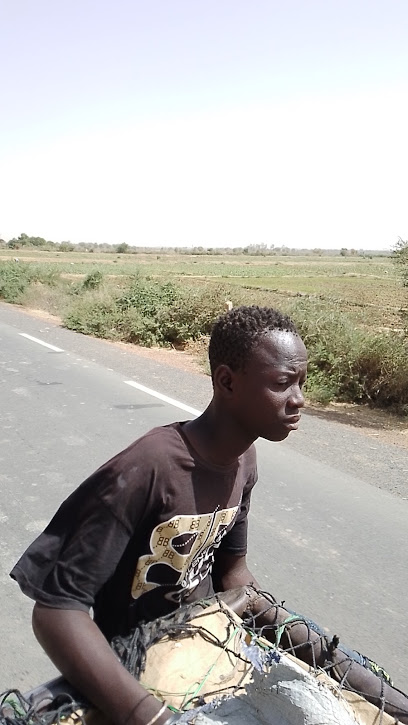
Boutique keur mory diop
Discover a unique shopping experience at Boutique keur mory diop in Saint-Louis, where traditional craftsmanship meets modern retail in a vibrant atmosphere.
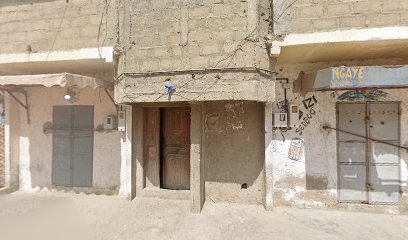
Galari de la jeunesse
Discover unique local crafts and souvenirs at Galari de la jeunesse, the charming gift shop in St. Louis that captures the essence of Senegal.
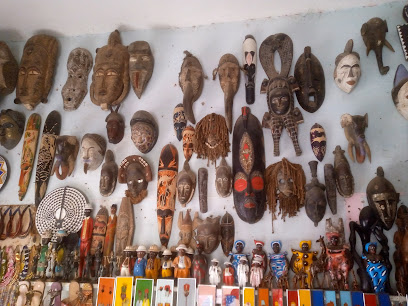
Boutique Wakeur Soxna Khady
Explore the latest electronics at Boutique Wakeur Soxna Khady in Darou Rhamane, where quality meets local charm.

Sene Boutique Keweul
Explore the vibrant styles of Senegal at Sene Boutique Keweul, a must-visit clothing store in the heart of Saint-Louis.
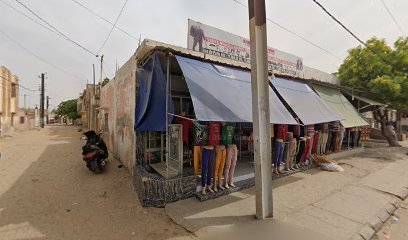
Boutique 18 Safar
Explore Boutique 18 Safar in Saint-Louis for unique clothing that blends local craftsmanship with modern style, perfect for fashion enthusiasts.
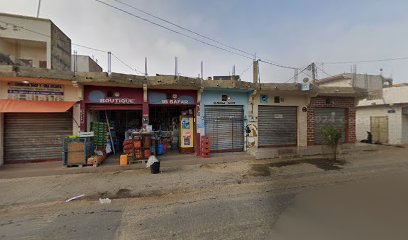
Chapeau Gueye Boutique
Discover the vibrant local fashion at Chapeau Gueye Boutique, where unique clothing pieces reflect the artistry and culture of Senegal.
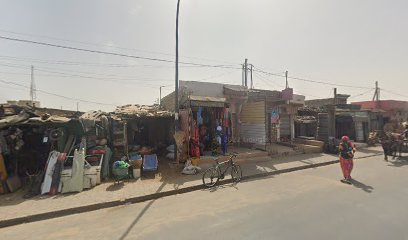
Boutique Saint - Louis
Explore unique clothing at Boutique Saint - Louis, where tradition meets contemporary fashion in the heart of Senegal.
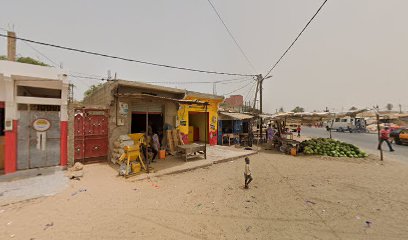
Teranga Shop
Explore Teranga Shop in St. Louis for authentic Senegalese clothing and unique souvenirs that capture the essence of local culture and craftsmanship.
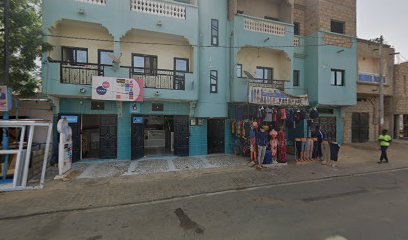
Essential bars & hidden hideouts
La Kora
Discover the culinary treasures of Senegal at La Kora, where local flavors meet a modern dining experience in the heart of St. Louis.
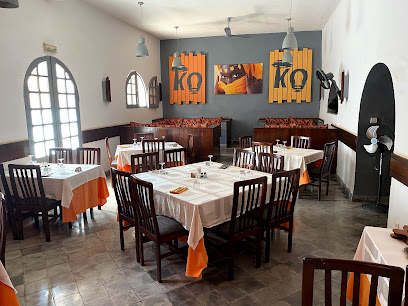
Keur Dada
Experience the vibrant atmosphere and delectable offerings at Keur Dada, St. Louis' premier bar and event venue, perfect for a memorable night out.
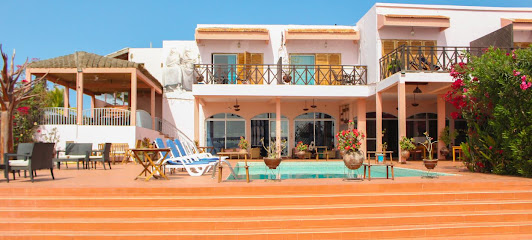
Club La Source
Discover Club La Source in Saint-Louis: A lively bar offering a taste of local culture and affordable drinks in a vibrant atmosphere.
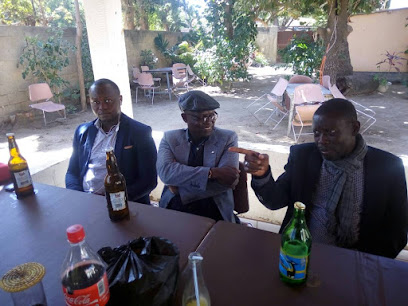
Ndiadiane Ndiaye
Discover the vibrant nightlife at Ndiadiane Ndiaye, a lively bar in Richard Toll, perfect for unwinding and experiencing local culture.
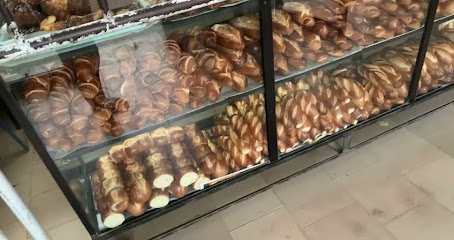
Coconut cafe
Discover Coconut Cafe in St. Louis for an unforgettable tapas experience featuring local flavors and a vibrant atmosphere.
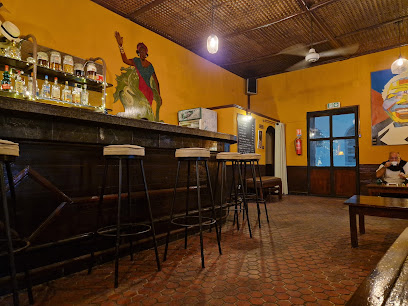
Iguane Cafe
Discover the vibrant nightlife of St. Louis at Iguane Cafe, a salsa bar blending art and dance for an unforgettable experience.
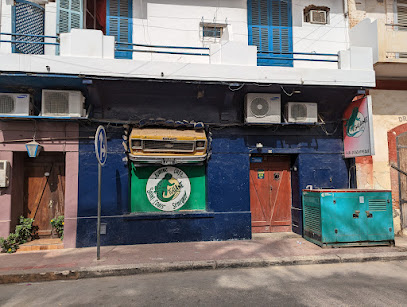
NPA lounge bar night club
Discover the vibrant nightlife at NPA Lounge Bar in St. Louis, where great drinks and local culture come together for an unforgettable experience.
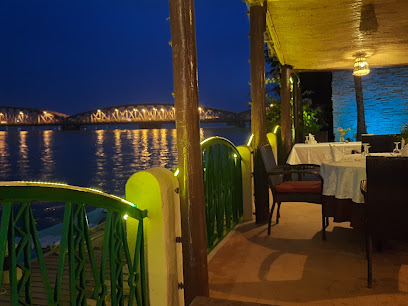
Bar Vip Mix Club
Discover the vibrant nightlife of Saint-Louis at Bar Vip Mix Club, a live music haven where rhythms and melodies fill the air.
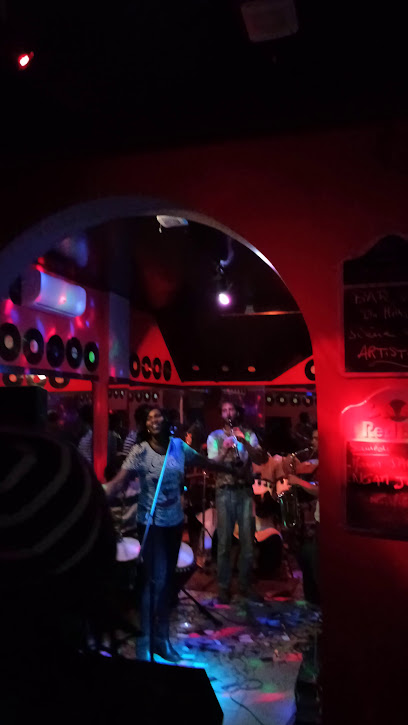
Ndoumbélane
Discover the lively ambiance and authentic flavors at Ndoumbélane, the perfect bar and restaurant in St. Louis, Senegal.
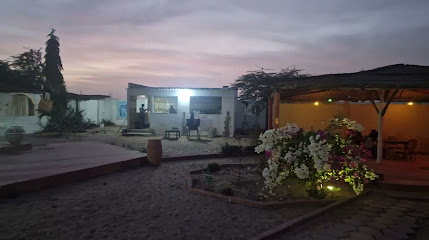
Nulle Part Ailleurs (NPA)
Explore St. Louis nightlife at Nulle Part Ailleurs—a vibrant night club featuring diverse music and an energetic crowd.

Le Spoutnik Bar
Immerse yourself in the vibrant jazz scene at Le Spoutnik Bar, a must-visit destination for music lovers in St. Louis.
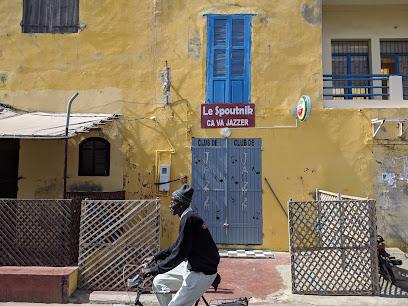
Flag Embuscade Bar
Discover the lively atmosphere and local flavors at Flag Embuscade Bar, a must-visit in St. Louis for a memorable night out.
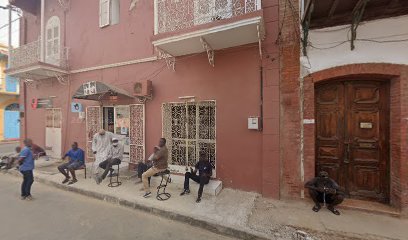
Restaurant-bar
Discover the lively atmosphere and signature cocktails at N2 Bar, a must-visit spot for nightlife enthusiasts in the heart of the city.
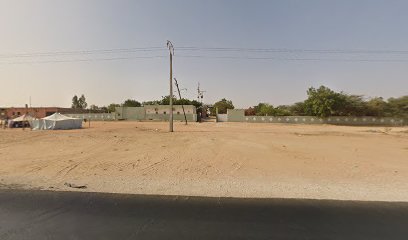
Charles
Experience the vibrant nightlife of St. Louis at Charles, a lively bar offering exquisite drinks and a dynamic atmosphere.

Local Phrases about Saint-Louis Region
-
- HelloSalaamalekum
[sa-la-ma-le-kum] - GoodbyeBa beneen
[ba be-neen] - YesWaaw
[waaw] - NoDéedéet
[dee-deet] - Please/You're welcomeJërëjëf
[je-re-jef] - Thank youJërëjëf
[je-re-jef] - Excuse me/SorryBa beneen
[ba be-neen] - How are you?Nanga def?
[nan-ga def] - Fine. And you?Nopp. Nopp ci kanam
[nop. nop ci ka-nam] - Do you speak English?Nopp, maangi angale?
[nop, man-gi an-ga-le] - I don't understandMaa la neex
[ma la neex]
- HelloSalaamalekum
-
- I'd like to see the menu, pleaseNopp, jamm benn menu
[nop, jam ben me-nu] - I don't eat meatMangi nit ginaaw
[man-gi nit gi-naaw] - Cheers!Santé!
[san-te] - I would like to pay, pleaseNopp, jamm benn yoon
[nop, jam ben yoon]
- I'd like to see the menu, pleaseNopp, jamm benn menu
-
- Help!Ndimbaleek!
[ndim-ba-leek] - Go away!Woyofal!
[wo-yo-fal] - Call the Police!Dëgg na gendarmerie!
[de-g na gen-dar-me-rie] - Call a doctor!Dëgg na dokter!
[de-g na dok-ter] - I'm lostMangi laa tànjee
[man-gi la tan-jee] - I'm illMangi neex
[man-gi neex]
- Help!Ndimbaleek!
-
- I'd like to buy...Nopp, jamm benn...
[nop, jam ben] - I'm just lookingMangi moom
[man-gi moom] - How much is it?Samaa xalis yi?
[sa-maa xa-lis yi] - That's too expensiveYowu naa xalis
[yo-wu naa xa-lis] - Can you lower the price?Benn xalis bi, defal?
[ben xa-lis bi, de-fal]
- I'd like to buy...Nopp, jamm benn...
-
- What time is it?Waxtu bi la?
[wax-tu bi la] - It's one o'clockBenn jubel
[ben ju-bel] - Half past (10)Ngujur nool
[ngu-jur nool] - MorningSuba
[su-ba] - AfternoonKër gi
[ker gi] - EveningKër yaram
[ker ya-ram] - YesterdayDibéer
[di-beer] - TodayNopp
[nop] - TomorrowDef
[def] - 1Benn
[ben] - 2Ñaar
[ñar] - 3Tàttu
[tat-tu] - 4Nègg
[negg] - 5Juróom
[ju-room] - 6Jurok
[ju-rok] - 7Jurooje
[ju-roo-je] - 8Juróot
[ju-root] - 9Juróope
[ju-ro-pe] - 10Fukk
[fukk]
- What time is it?Waxtu bi la?
-
- Where's a/the...?Ndee...?
[nde] - What's the address?Waxtu lay yu?
[wax-tu lay yu] - Can you show me (on the map)?A neex nañu (ci map bi)?
[a neex nanu ci map bi] - When's the next (bus)?Waxtu gu jëkk (bus)?
[wax-tu gu jek bus] - A ticket (to ....)Benn tiket (jot ci...)
[ben ti-ket jot ci]
- Where's a/the...?Ndee...?
History of Saint-Louis Region
-
Saint-Louis, often referred to as Ndar, was founded in 1659 by French traders. It is one of the oldest colonial cities on the western coast of Africa. Named after King Louis XIV of France, the city quickly became an important outpost for the French colonial empire in West Africa.
-
During the 17th and 18th centuries, Saint-Louis was a significant hub in the transatlantic slave trade. Slaves were captured from the interior regions and brought to Saint-Louis, where they were then shipped to the Americas. The city’s location along the Senegal River facilitated the movement of slaves, making it a crucial point in this tragic chapter of history.
-
Saint-Louis served as the capital of French West Africa from 1895 until 1902, when the administrative capital was moved to Dakar. The city was also the capital of Senegal and Mauritania until 1957. The colonial architecture and urban layout of Saint-Louis reflect its historical significance as an administrative center.
-
Saint-Louis has been a cultural melting pot for centuries. The city has seen a blend of French, Wolof, Fula, and other ethnic influences. This cultural diversity is reflected in the city's music, cuisine, and festivals. The annual Saint-Louis Jazz Festival, which started in 1993, is a testament to the city’s rich musical heritage.
-
The Senegal River has played a vital role in the history and development of Saint-Louis. It provided a means for trade, agriculture, and transportation. The river has also been a source of livelihood for the local communities, contributing to the region’s economic and social development.
-
After Senegal gained independence from France in 1960, Saint-Louis underwent significant changes. While it lost its status as the administrative capital, the city has continued to be an important cultural and economic center. Efforts to preserve its historical architecture have been recognized by UNESCO, which designated the island of Saint-Louis as a World Heritage Site in 2000.
-
In 2000, the island of Saint-Louis was designated a UNESCO World Heritage Site due to its unique colonial architecture and historical significance. The designation has helped in preserving the city's rich heritage and has boosted tourism, bringing international attention to Saint-Louis as a historical and cultural landmark.
Saint-Louis Region Essentials
-
Saint-Louis Region is accessible by air, road, and rail. The nearest international airport is Blaise Diagne International Airport (DSS) in Dakar, approximately 200 kilometers from Saint-Louis. From Dakar, you can take a taxi, bus, or private car to Saint-Louis. The journey typically takes around 3 to 4 hours by road. There are also domestic flights from Dakar to Saint-Louis Airport (XLS). Additionally, you can take a scenic train ride from Dakar to Saint-Louis, although schedules may vary.
-
Within Saint-Louis City, transportation options include taxis, minibuses (known locally as 'Ndiaga Ndiaye'), and horse-drawn carriages. Taxis are relatively inexpensive and can be hailed on the street or booked through apps. Ndiaga Ndiaye minibuses are a popular and cost-effective way to travel around the city and to nearby towns. Renting a car is also an option for those looking to explore the region at their own pace. Bicycles can be rented for a more eco-friendly and intimate way to tour the city and its surroundings.
-
The official currency in Senegal is the West African CFA Franc (XOF). Credit cards are accepted in some hotels, restaurants, and shops in Saint-Louis, but it is advisable to carry cash, especially in smaller establishments and rural areas. ATMs are available in Saint-Louis, but it is wise to withdraw sufficient cash in Dakar or other major cities before traveling to ensure you have enough funds.
-
Saint-Louis is generally a safe destination for tourists. However, it is advisable to take standard precautions. Avoid walking alone at night in unfamiliar areas and keep an eye on your belongings in crowded places. Certain neighborhoods, particularly on the outskirts of the city, may have higher crime rates. It is always best to stay vigilant and aware of your surroundings. Petty theft can occur, so keep your valuables secure and avoid displaying expensive items openly.
-
In case of emergency, dial 17 for police assistance, 18 for fire services, and 15 for medical emergencies. The local police station and medical facilities are available in Saint-Louis. It is recommended to have travel insurance that covers medical emergencies. For minor health issues, there are pharmacies in the town where you can purchase over-the-counter medications. The main hospital in Saint-Louis, Hospital Regional de Saint-Louis, provides emergency medical care.
-
Fashion: Do dress modestly, especially when visiting religious sites. Avoid wearing revealing clothing. Religion: Do respect local customs and traditions. Always remove your shoes when entering mosques. Public Transport: Do be respectful and give up your seat to elderly passengers. Don't eat or drink on public transport. Greetings: Do greet people with a handshake. A warm 'As-Salaam-Alaikum' is a common greeting. Eating & Drinking: Do try local delicacies and accept food offerings graciously. Don't refuse hospitality, as it is considered impolite.
-
To experience Saint-Louis like a local, visit the local markets where you can buy fresh produce and traditional Senegalese goods. Engage with locals, as they are often friendly and willing to share stories about the city's history and culture. Don't miss visiting the historic colonial architecture in the old town, a UNESCO World Heritage Site. For a unique experience, take a pirogue ride on the Senegal River, offering a different perspective of the city and its surroundings. Attend a traditional music or dance performance to immerse yourself in the local culture.
Trending Landmarks in Saint-Louis Region
-
Faidherbe Bridge
-
IFAN Historical Museum
-
Tour of the egg
-
Djoudj National Bird Sanctuary
-
Musée de la Photographie de Saint-Louis
-
Langue de Barbarie
-
langue de barbarie National Park
-
Île Saint-Louis
-
Réserve spéciale de Faune de Gueumbeul
-
Podor Le Fleuve Du Senegal
-
Village des arts de saint louis
-
Saint Louis
Nearby Cities to Saint-Louis Region
-
Things To Do in Nouakchott
-
Things To Do in Kaolack
-
Things To Do in Janjanbureh
-
Things To Do in Thiès
-
Things To Do in Farafenni
-
Things To Do in Soma
-
Things To Do in Mbour
-
Things To Do in Dakar
-
Things To Do in Banjul
-
Things To Do in Bakau
-
Things To Do in Serekunda
-
Things To Do in Serrekunda
-
Things To Do in Lamin
-
Things To Do in Brikama
-
Things To Do in Gunjur










